Nourishing Your Feathered Friends in the Most Wholesome Way
Introduction:
When it comes to caring for our avian companions, providing them with a balanced and nutritious diet is of utmost importance. Vogelfutter, or bird food, plays a crucial role in ensuring their overall health and well-being. In this comprehensive guide, we will delve into the world of vogelfutter and explore the best practices for feeding our feathered friends. From understanding their dietary needs to choosing the right types of food and optimizing feeding routines, this article will equip you with valuable insights to care for your birds like a true avian nutrition expert.
The Importance of Vogelfutter in Bird Care
Our avian friends have specific dietary requirements that must be met to ensure their optimal health. Vogelfutter provides essential nutrients, vitamins, and minerals that support their growth, vitality, and immune system. By offering a balanced diet, we can contribute to their overall well-being and longevity.

Understanding Avian Dietary Needs
Different bird species have varying dietary preferences and requirements. It’s crucial to understand the natural feeding habits and preferences of your specific bird species. While some birds are predominantly seed-eaters, others may also consume fruits, insects, nectar, or even meat. By researching and identifying the appropriate diet for your birds, you can ensure their nutritional needs are met.
Essential Nutrients for Birds
Birds require a diverse range of nutrients to thrive. These include proteins, carbohydrates, fats, vitamins, minerals, and water. Proteins are crucial for muscle development, while carbohydrates provide energy. Fats help maintain body temperature and provide insulation. Vitamins and minerals play a vital role in metabolic processes and overall health. Ensuring a well-balanced mix of these nutrients is essential for a bird’s vitality.
Choosing the Right Vogelfutter
When selecting vogelfutter for your birds, it’s essential to consider their species-specific dietary needs. High-quality bird seed mixes are a popular choice, offering a blend of seeds, grains, and nuts. However, it’s important to ensure the mix is suitable for your bird’s species and does not contain any harmful additives or preservatives. Additionally, supplementing their diet with fresh fruits, vegetables, and protein sources can provide added nutrition and variety.

Feeding Strategies for Optimal Health
Establishing a feeding routine is crucial to maintain your bird’s health. It’s recommended to provide fresh vogelfutter daily and clean the feeding area regularly to prevent the growth of bacteria or mold. Observing your bird’s feeding behavior can also help you gauge its appetite and adjust the portion sizes accordingly. Additionally, offering a variety of foods and incorporating foraging activities can promote mental stimulation and natural feeding behaviors.
Hydration: The Key to Healthy Birds
Proper hydration is essential for birds to maintain their overall health and bodily functions. Alongside vogelfutter, providing clean, fresh water in a suitable bird bath or water dispenser is crucial. Ensure the water is changed regularly to prevent contamination and promote healthy hydration habits.
Supplementing Your Bird’s Diet
In certain situations, such as breeding or during specific seasons, birds may require additional supplements to support their nutritional needs. Calcium supplements can aid in egg production, while specific vitamins may be necessary to address deficiencies or promote feather health. Consulting with an avian veterinarian or an expert in bird nutrition can help determine the appropriate supplements for your feathered friend.
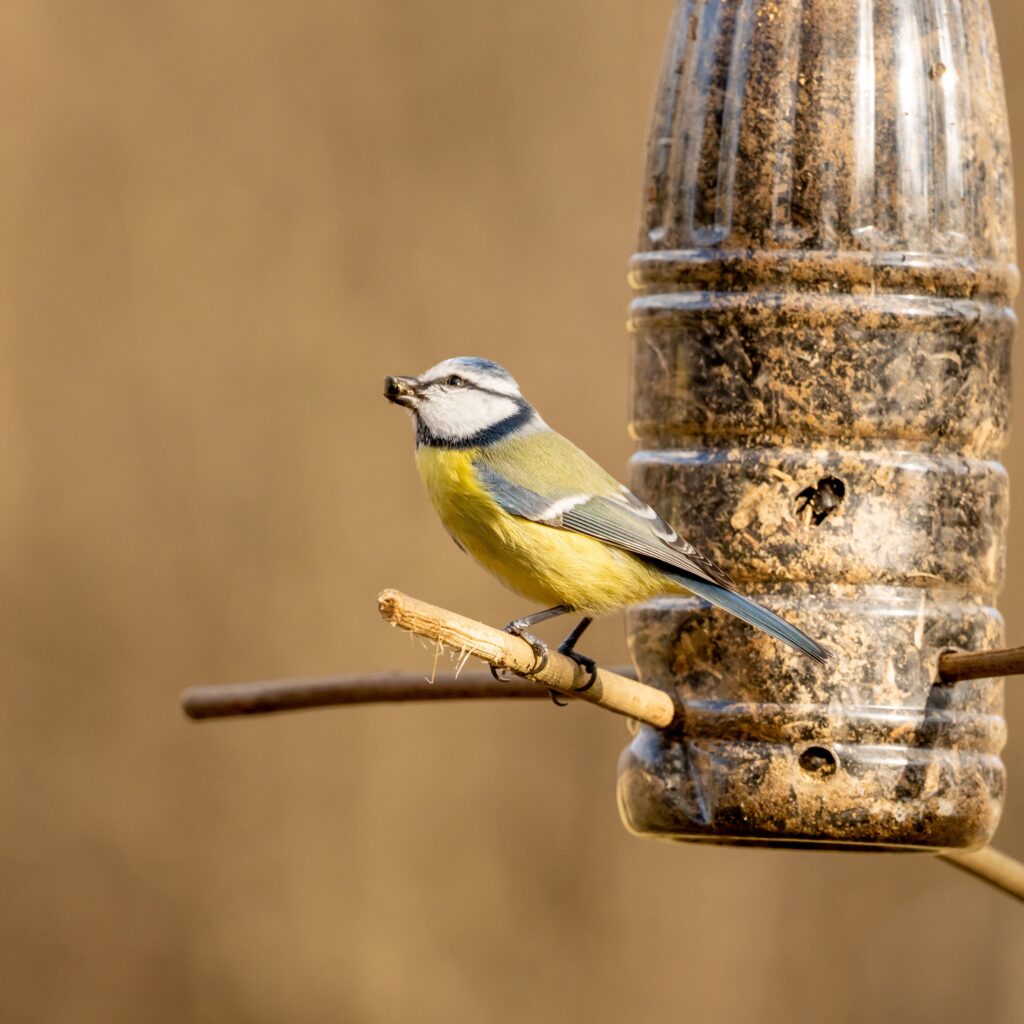
Creating an Enriched Feeding Environment
Promoting a stimulating and enriched feeding environment is vital for your bird’s well-being. Offering various feeding options such as hanging feeders, puzzle feeders, or foraging toys can encourage natural foraging behaviors and mental stimulation. These activities not only make feeding time more engaging but also provide a sense of fulfillment and reduce boredom in captive birds.
Bird Feeder Placement and Maintenance
Proper placement of bird feeders is essential to attract a variety of bird species while ensuring their safety. Position feeders in areas with good visibility, away from potential predators. Regularly clean the feeders to prevent the accumulation of bacteria and mold, which can be harmful to birds’ health. By maintaining a clean and well-stocked feeding station, you can create a welcoming environment for your feathered visitors.
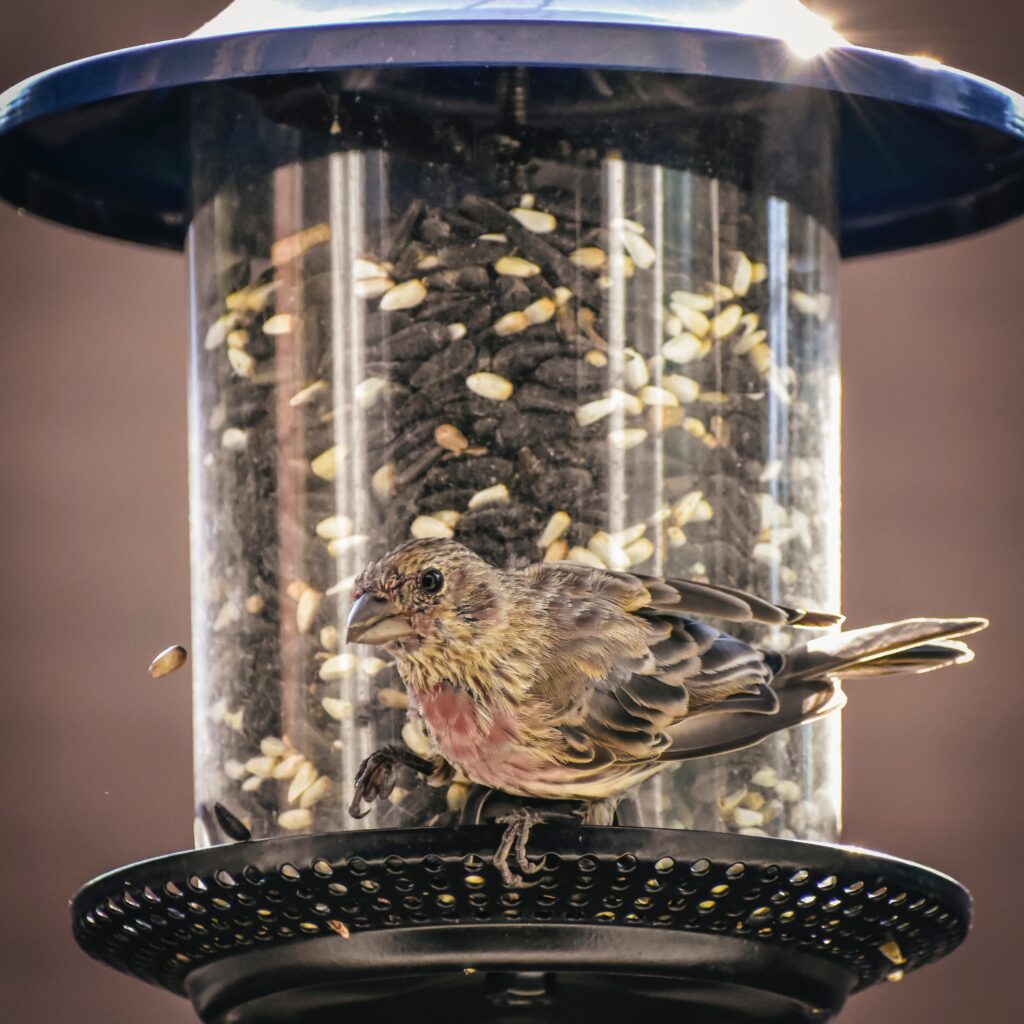
Observing and Documenting Bird Behavior
Observing your birds’ behavior during feeding can provide valuable insights into their health and dietary preferences. Take note of which types of vogelfutter they consume eagerly and which they ignore. Monitor their weight and overall condition regularly to detect any changes that may indicate potential health issues. By keeping a record of their behavior and dietary patterns, you can make informed adjustments to their diet and ensure their well-being.
Conclusion:
Feeding our avian friends the right vogelfutter is a critical aspect of responsible bird care. By understanding their specific dietary needs, choosing appropriate food, establishing a feeding routine, and creating an enriched environment, we can provide our feathered companions with the nutrition and stimulation they require to thrive. Remember to observe their behavior, consult with experts when needed, and prioritize their health and well-being above all else. By implementing these practices, you can build a strong foundation for a long-lasting and rewarding relationship with your birds. So, go ahead and embark on this avian adventure, making your feathered friends’ lives healthier and happier, one nutritious meal at a time.
*Disclaimer: The information provided in this article is for educational purposes only and should not replace professional veterinary advice. Always consult with a qualified avian veterinarian or expert in bird care for personalized guidance and recommendations tailored to your specific bird species.

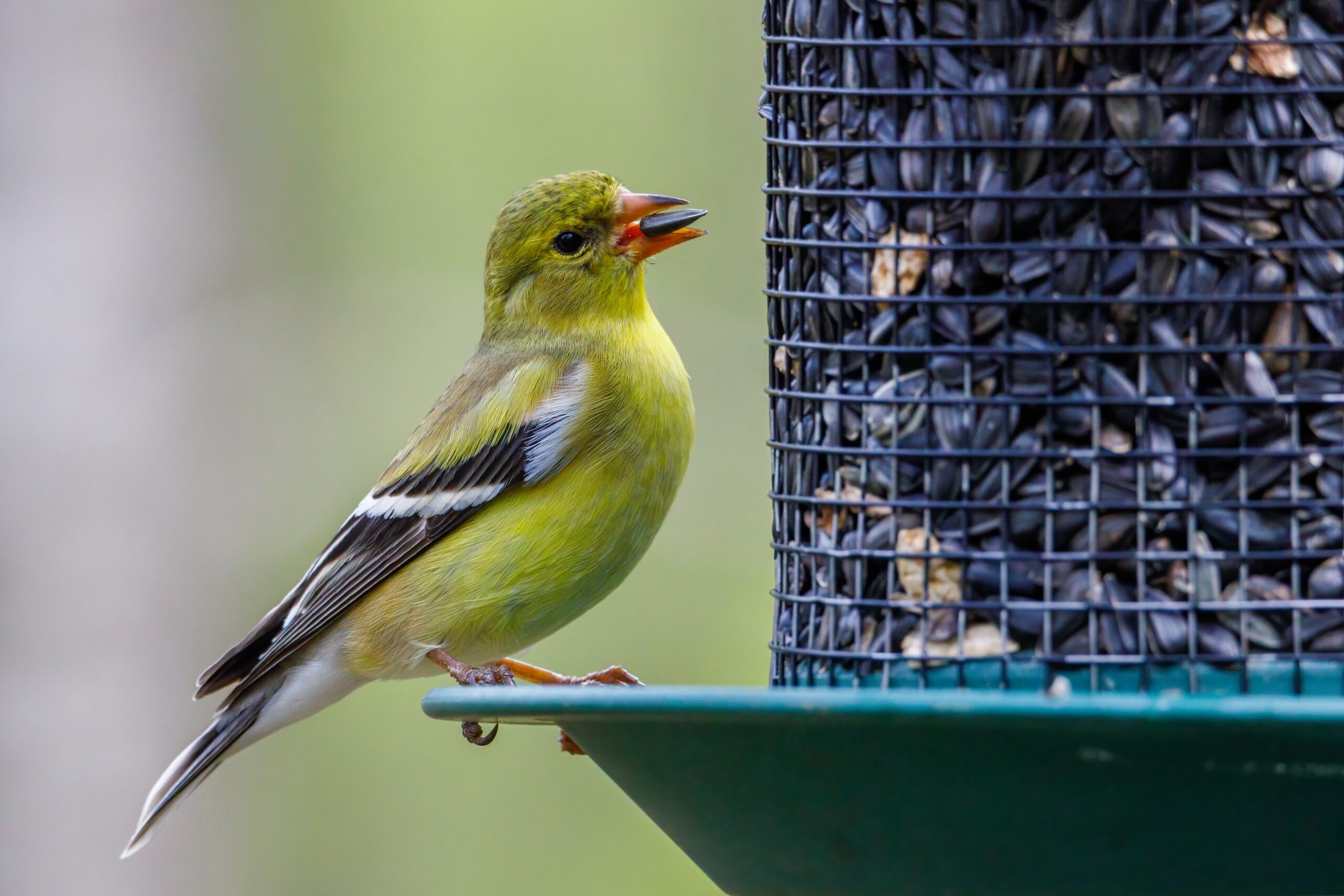
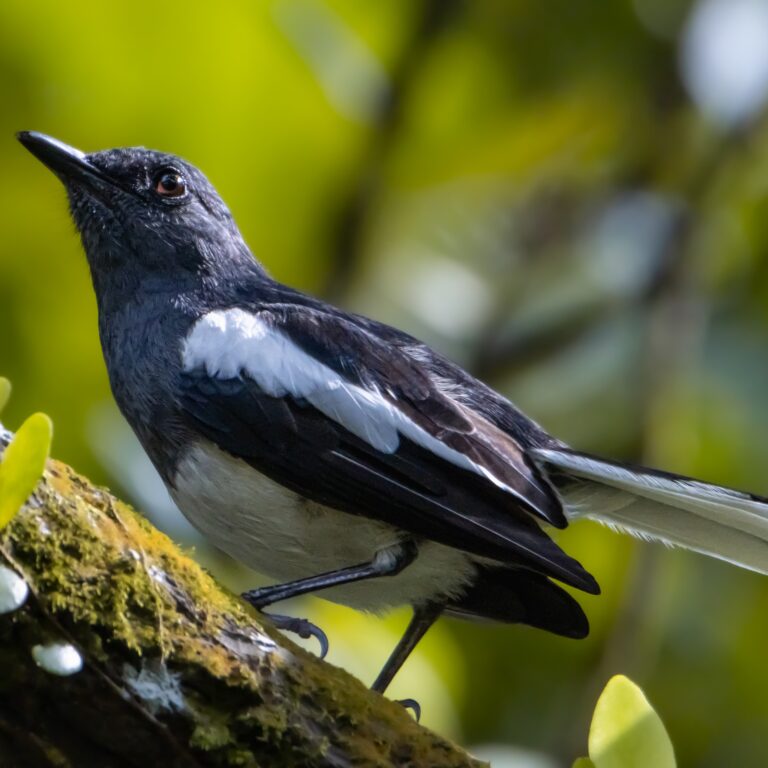
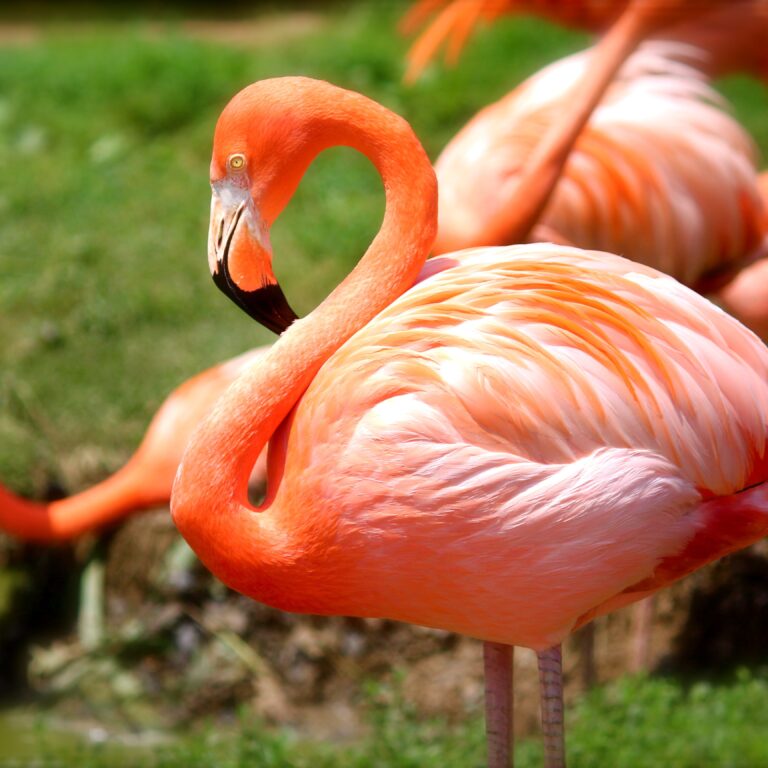
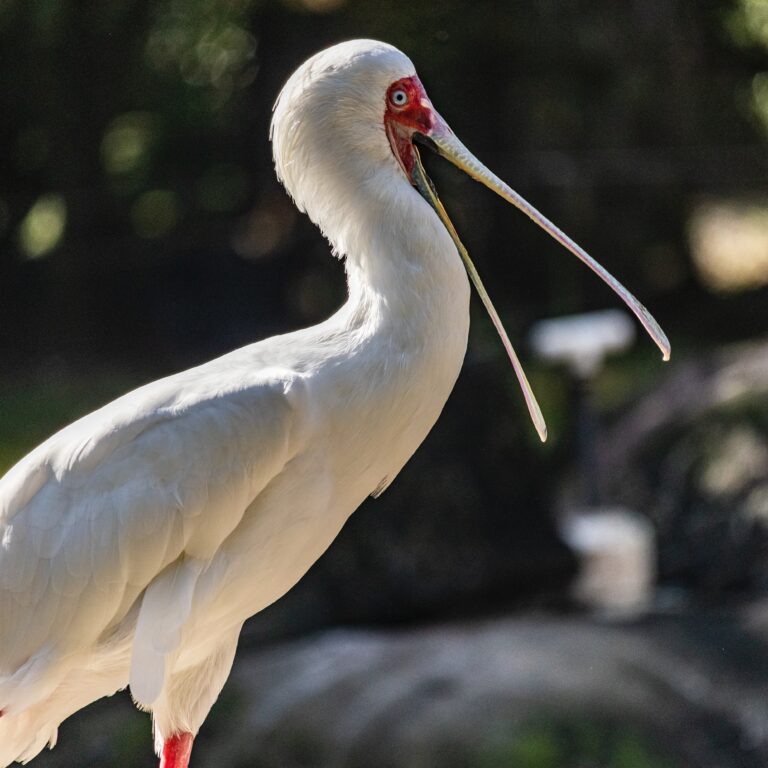
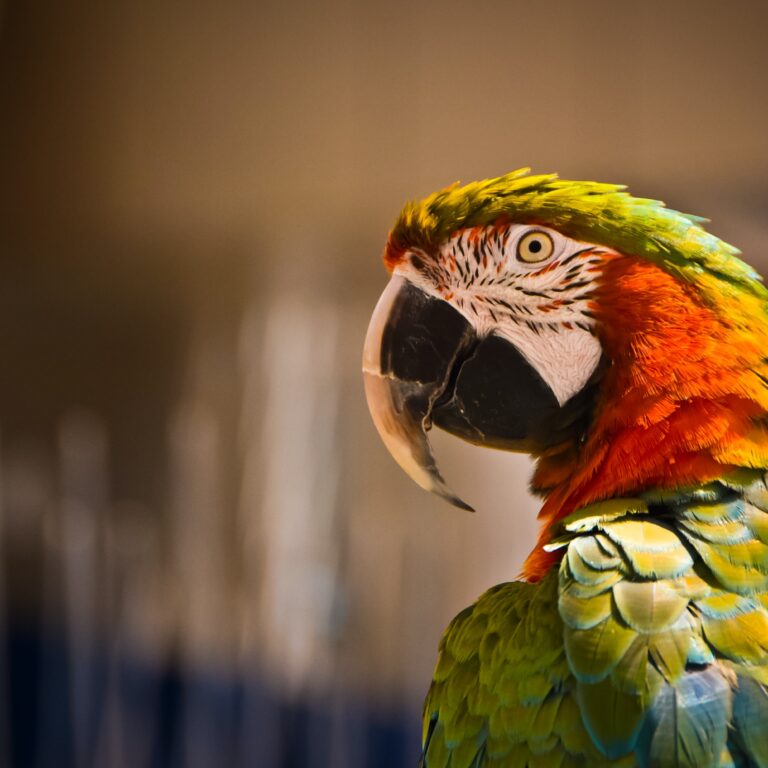
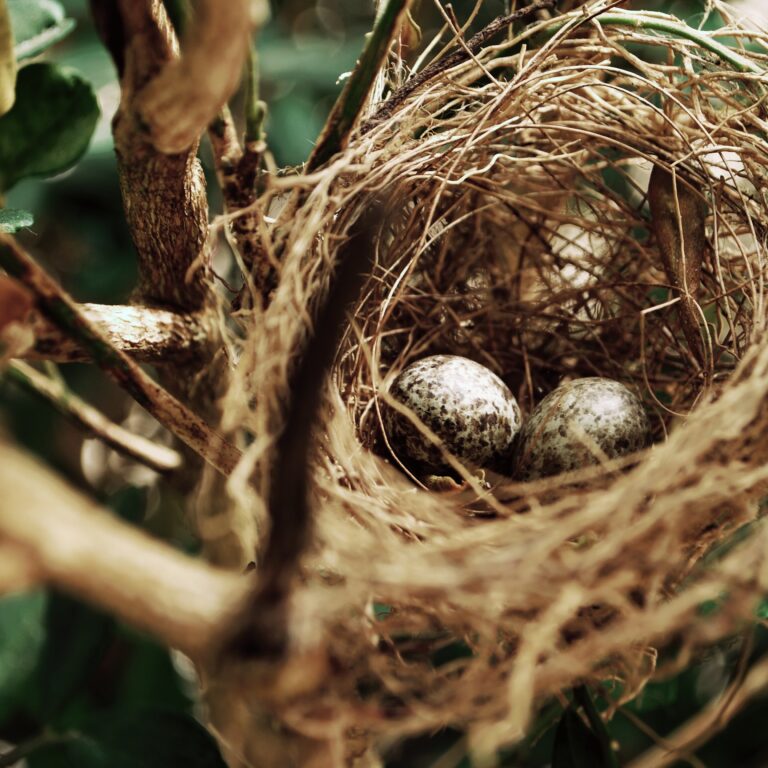

One Comment